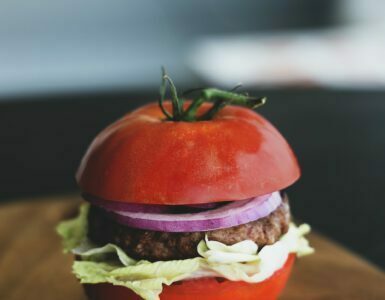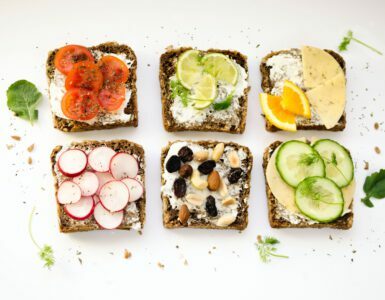 Choosing a healthy lifestyle is a great step, but with the way food is labeled it’s easy to think that you’re eating healthy when really you’re getting extra calories that you don’t need.
Choosing a healthy lifestyle is a great step, but with the way food is labeled it’s easy to think that you’re eating healthy when really you’re getting extra calories that you don’t need.
Every isle in the supermarket is filled with boxes and bags labeled low calorie, healthy alternative, low fat, no fat, reduced fat, and any other option that marketing companies can come up with that will help entice you to buy their product over their competitors. You may be surprised to learn that these labels aren’t always as accurate as they seem. Here are some of the ways that you might be accidentally sabotaging your weight loss efforts.
Healthy Junk Food?
From chips, and crackers, to salads served up at the drive-thru there is a big movement in marketing to pitch snack foods as healthier alternatives. The problem is a lot of what you are seeing is just marketing. Some of these snacks especially those that are pitched as low fat or no fat can contain hidden sugars and can be very high in calories. One low fat cookie can be 50 calories or more, and most of us rarely each just one.
If you really want to know what you are eating, make sure you learn how to read food labels and pay close attention to your serving sizes. Keep this in mind: junk food is junk food regardless of how healthy the labeling says it is. Moderation is really the key.
Zero Calorie and Diet Drinks
These may be the drink of choice for someone who is addicted to soda, or really needs the boost of caffeine, however these fake sweet drinks might be doing more harm than good for your diet. These drinks are often packed with artificial sweeteners that can actually make you want to eat more and trigger cravings for sweets. Instead you can add some lemon slices or orange slices to your water and give yourself something that’s truly sweet and not bad for you.
Salad Dressing
Salad is great; it’s good for you and its low in calories. The problem is that most people don’t want to eat salad without gobs of dressing so they turn to their store shelves and find them stocked with low fat options. However, often like the junk food we’ve already discussed, low fat food is not low calorie food and can be packed with extra sugar to make up for the flavor.
Vinaigrettes made from Olive oil and vinegar or other homemade dressings are better options to ensure you know just what it is you’re putting on your salad. If you find yourself struggling for time, make sure you pay close attention to the labels on the salad dressing you buy, as they are not all created equal.
Too Much Of A Good Thing
Serving sizes are tricky enough on packaged food, but be careful because you can run into problems with natural foods as well. An avocado is one good example of this. A serving size of an avocado is only fifty calories; however, it is also only 1/5th of a whole avocado. Though avocado is a very healthy fat, it is high in calories and so again moderation and calorie control is key.
Smoothies
Fruit, veggies, ice, it all seems like it’s a good thing right? Well the problem is a lot of people are turning to pre-packaged frozen throw it in and blend type smoothies, or grabbing them at their local coffee stop. These smoothies often contain extras like yogurt, sugary syrups, and even chocolate. Quickly these smoothies go from a healthy weight loss blend to a calorie-laden drink that is just as bad as a milkshake. If you want to enjoy these frozen treats, it is best to make them yourself, and keep a watchful eye on the ingredients.
















:quality(70)/cloudfront-eu-central-1.images.arcpublishing.com/thenational/YN5MYAXRFSAFADNFB4HQSGQSSM.jpg?w=80&resize=80,60&ssl=1)




Add comment